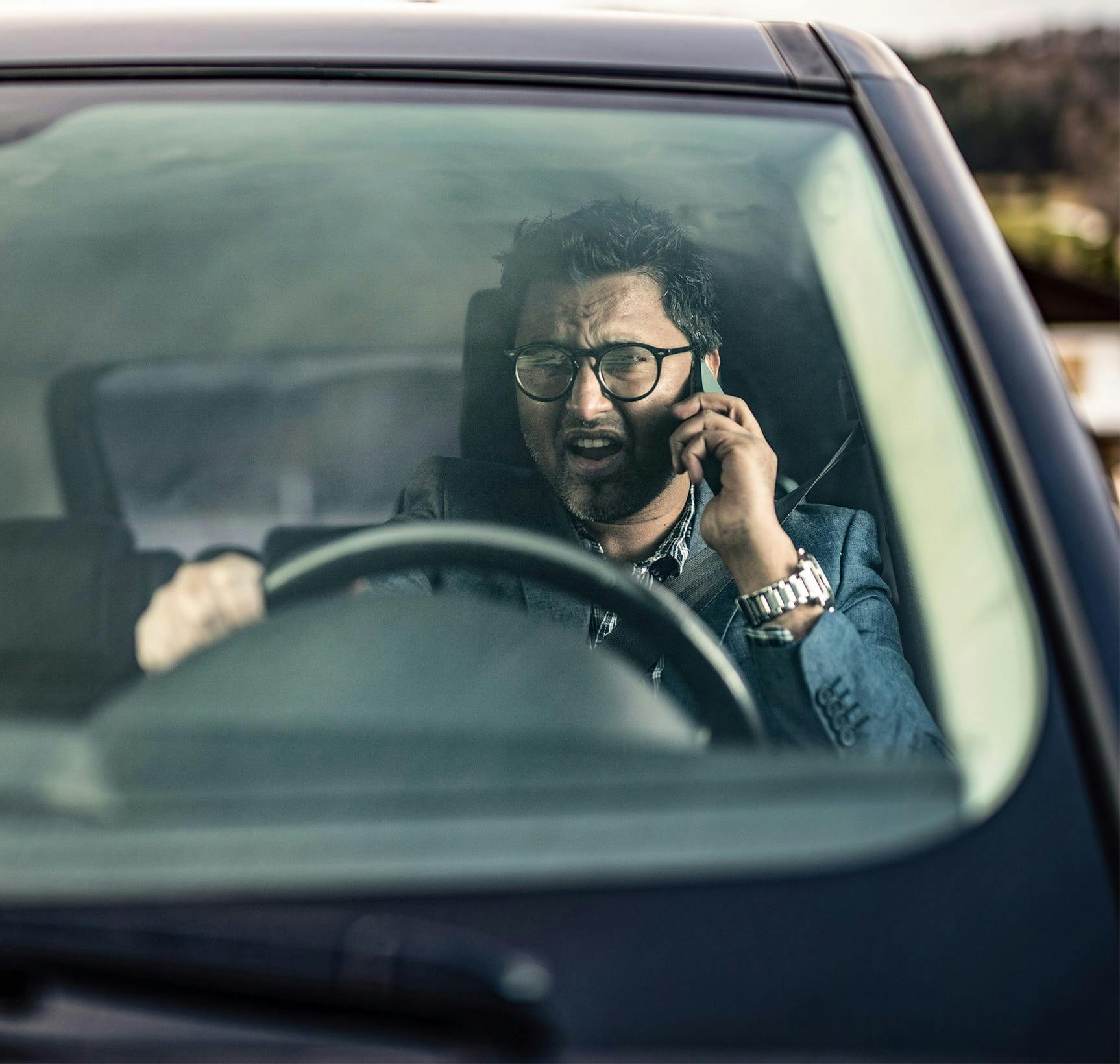Distracted driving is one of the most common causes of crashes. A distracted driving accident attorney from Turnbull, Moak & Pendergrass can gather the evidence needed to recover compensation from at-fault drivers and their insurers.
Types of distractions
Distractions can include any task that takes a driver’s mind, hands, or eyes away from the task of operating their vehicle, compromising the safety of those around them.
Cognitive
Cognitive distractions include talking to passengers or on a cell phone. Similarly, emotionally distraught drivers might be unable to concentrate on driving, and boredom can cause a driver’s mind to wander.
Visual
Visual distractions include reading, looking at a navigation screen, and rubbernecking at an accident scene. Distractions prevent drivers from spotting what is in the path of their vehicles. This delayed recognition hampers their ability to avoid a crash.
Manual
Manual distractions include eating, texting, and adjusting a vehicle’s sound system or cabin controls. These actions interfere with a driver’s ability to proceed safely. They may even cause the driver to lose control of their vehicle and cause a crash. For example, a driver may inadvertently veer out of their lane when reaching for something.






